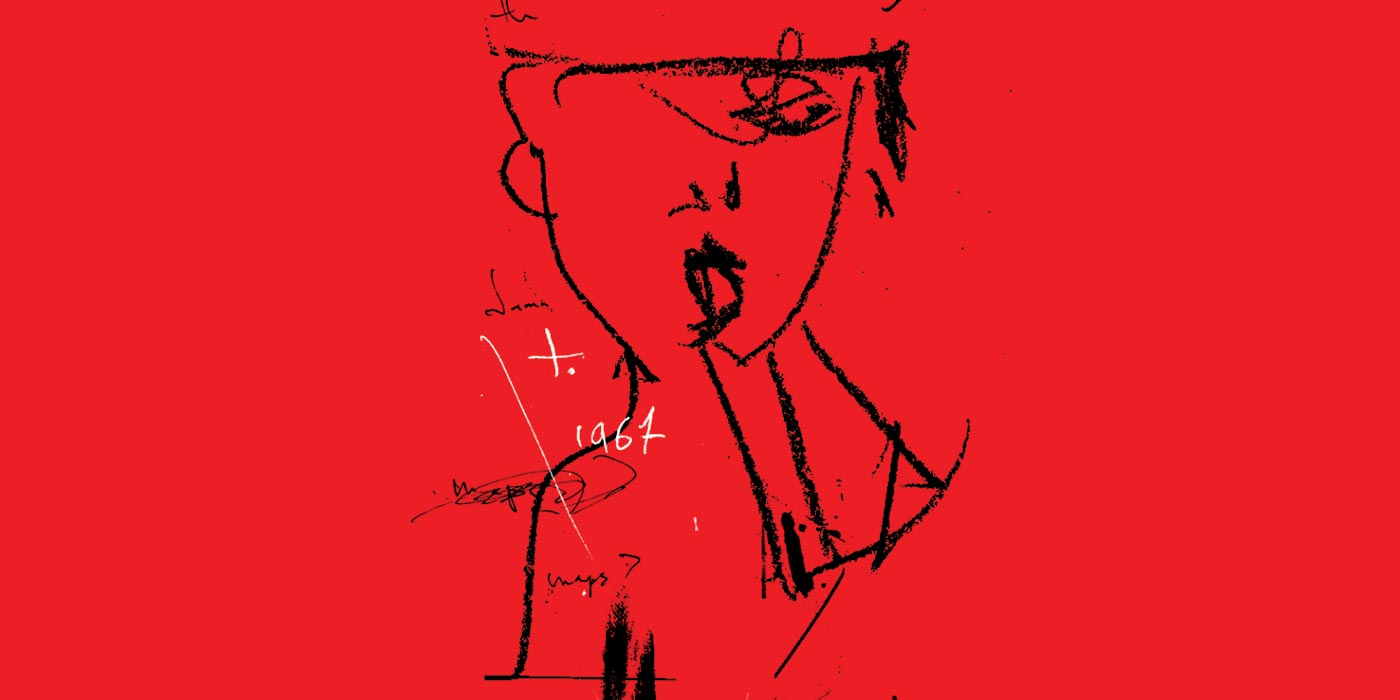A while ago I was discussing with a friend how quickly and easily bands seem to wane in relevance in this internet age of constant discovery. Tastemaker sites like Pitchfork play a big role in this, we acknowledged, and we began speculating on why it is that Pitchfork will continue to review a band’s successive outputs only for so long until they have enough consecutive poorly-received albums that they stop acknowledging their work entirely. It’s an interesting little phenomenon that indie rock standbys Cold War Kids have apparently fallen victim to with their fourth record, Dear Miss Lonelyhearts. This is unfortunate, because it’s really not a bad album — though the good people at the ‘fork surely would not agree with me.
The reason for this is because, in a lot of ways, it sounds exactly like their prior work. In fact, their previous release, 2011’s Mine is Yours, could be considered a companion piece to Lonelyhearts. Here, however, Cold War Kids scale back the ambitious, driving indie-rock anthems of their last album and opt for a slightly more reserved and scattered sound. There are still a few big concert tracks though, like opener “Miracle Mile” and album standout “Lost That Easy” which begins with a drum machine and an ominous synth. There’s a fair amount of electronic tinges, in fact, just enough to add some new depth to the band’s sound while not seeming unnatural or foreign.
This album marks the departure of guitarist Jonnie Russell, who was replaced by former Modest Mouse member Dan Gallucci. Still, Nathan Willet’s voice remains the focal point of just about every track on the album. A few a sharp lyrics stick with you like, “I spend a lot of time by myself / Imagining great speeches I’s make” from the bluesy “Tuxedos”. Others don’t make sense at all, like closing ballad “Bitter Poem” with “I can’t wait to see what you become / when you became.” According to Willet the album’s lyrical inspiration (and title) come from Nathanael West’s novel, Miss Lonelyhearts, and it shows in the literary-sounding word choice of many of the songs.
There are some noticeable traces of CWK’s 2006 debut Robbers & Cowards. In particular, “Fear & Trembling” steadily meanders along before diverging for the final two or so minutes into small a array of unorganized horns and background shouts from the perpetually emphatic-sounding Willet. In calling to mind that album, I also was reminded of all the chatter that surrounded the band at the time, how some hailed them as the next big thing and others questioned whether or not they might be a Christian rock group. Cold War Kids may not have blown everyone away with their follow-up records but they’ve managed to continue producing consistently tight if not quite groundbreaking music, and Lonelyhearts is no exception. [spacer height=”20px”]



